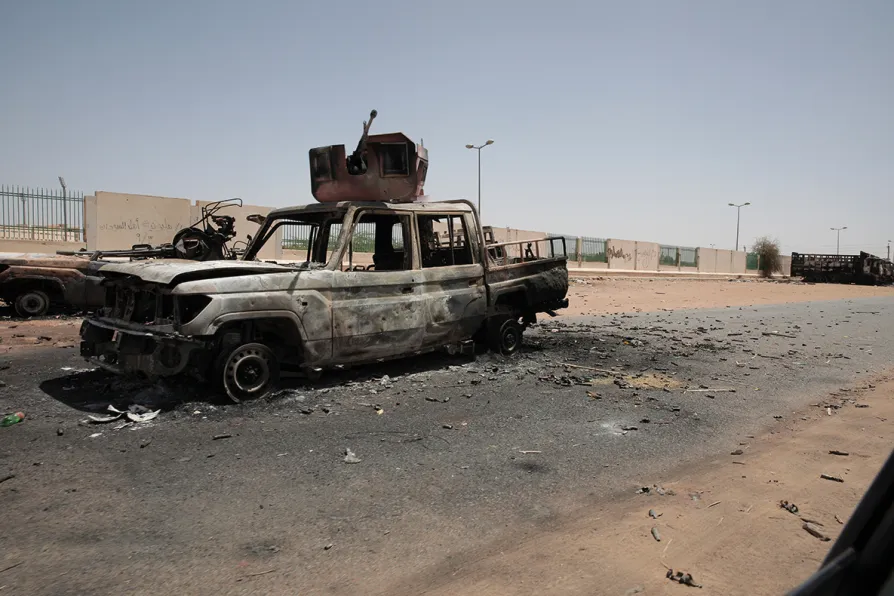John Wojcik pays tribute to a black US activist who spent six decades at the forefront of struggles for voting rights, economic justice and peace – reshaping US politics and inspiring movements worldwide

 Destroyed military vehicles in Khartorum, April 2023
Destroyed military vehicles in Khartorum, April 2023
AS we reach the third month since the beginning of fighting in Sudan, with little by way of meaningful action by the international community to bring this disastrous conflict to a close and thereby avert a potential humanitarian catastrophe, the country now teeters precariously on the precipice of an all-out civil war.
This bodes ominously not just for Sudan and its people, but for the surrounding countries in an already hugely unstable wider region.
In the nearly 18 months that followed the military coup on October 25 2021 and the subsequent indefinite suspension of the process of transition back to democratic civilian rule (itself instituted in the wake of the popular uprising that brought an end to the 30-year dictatorship of Omar al-Bashir), two rival spheres of influence within the forces that had together comprised the ruling junta began to emerge and grow in distance from one another, each with their own power base and set of international backers.












